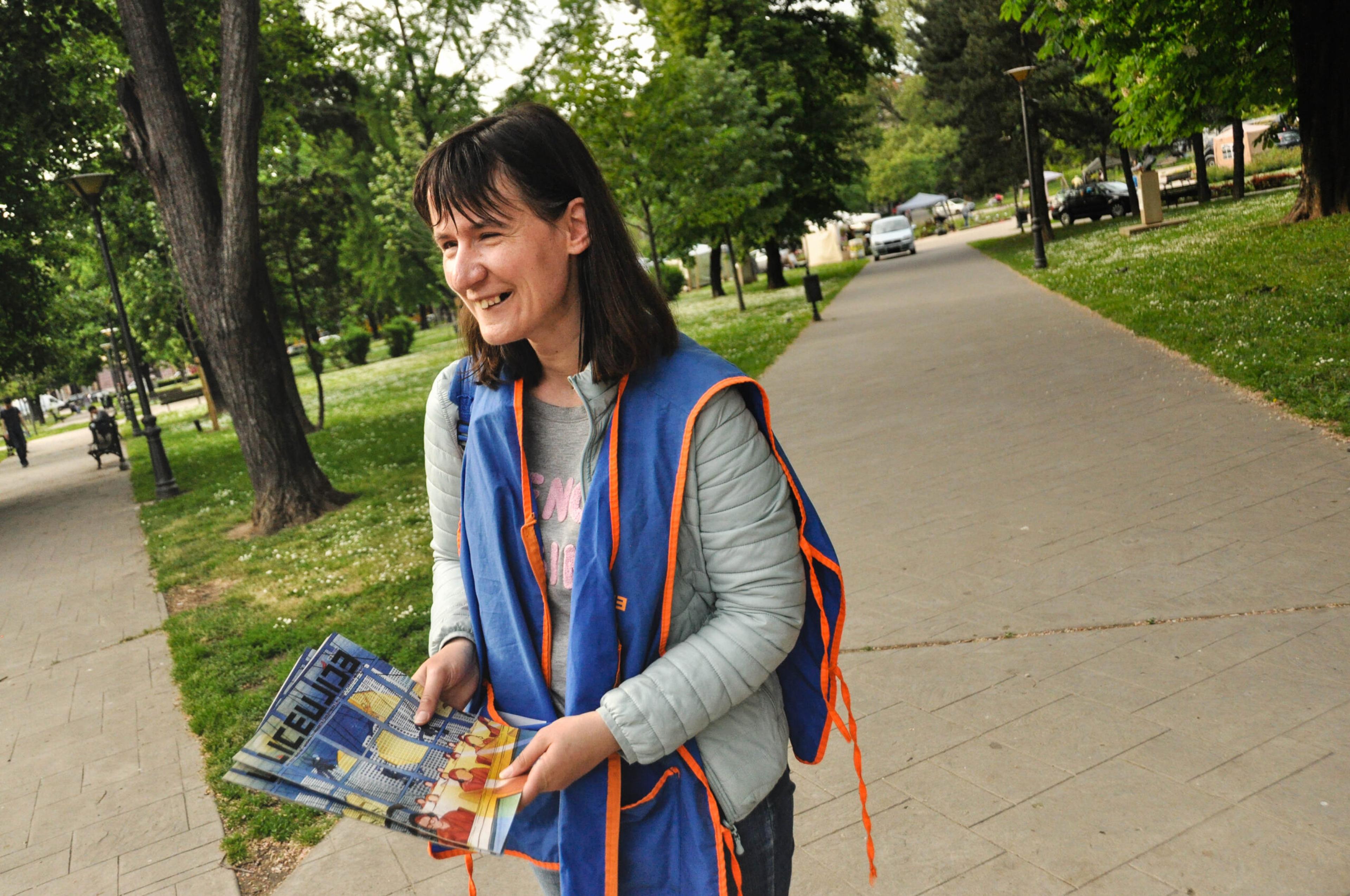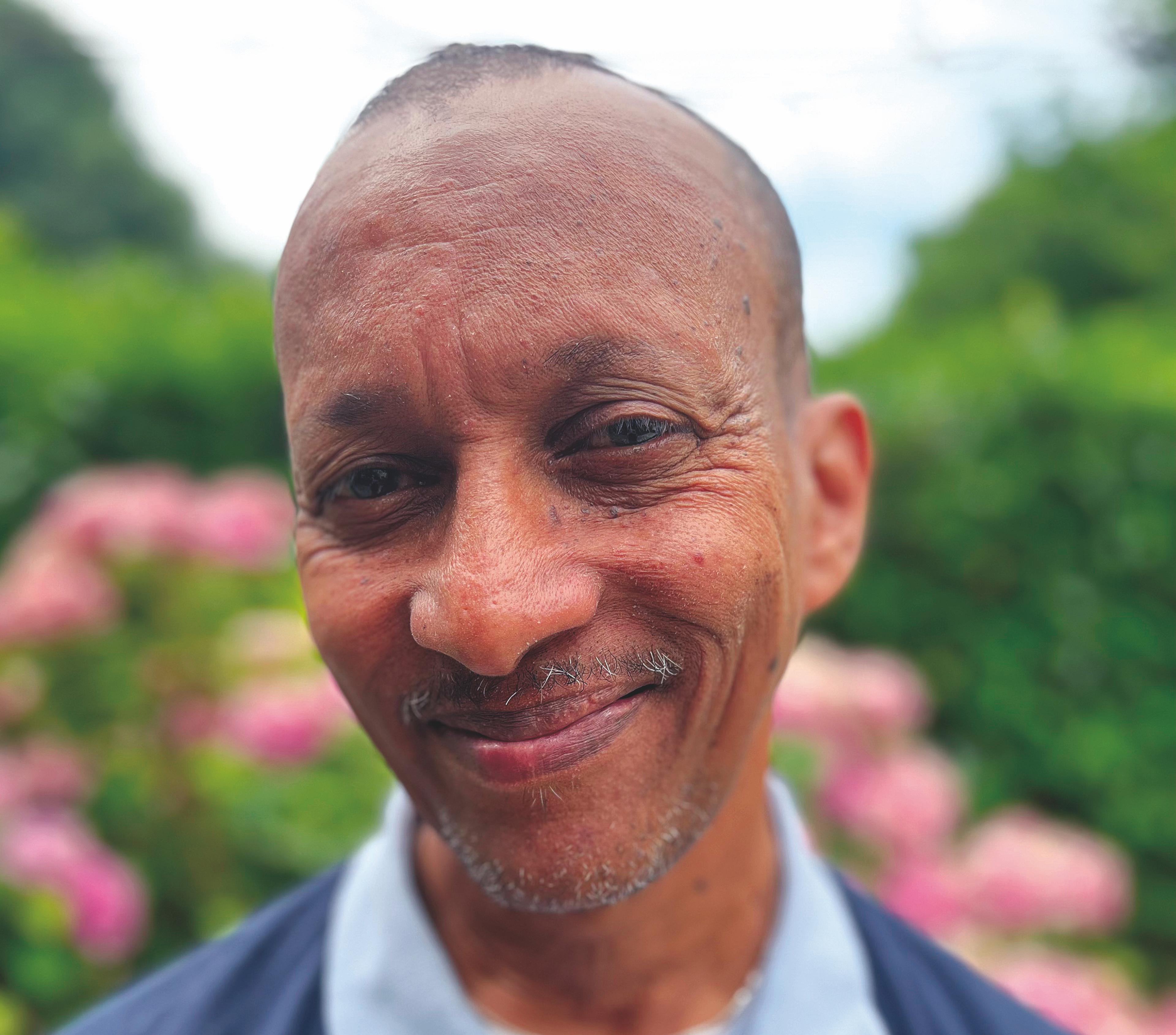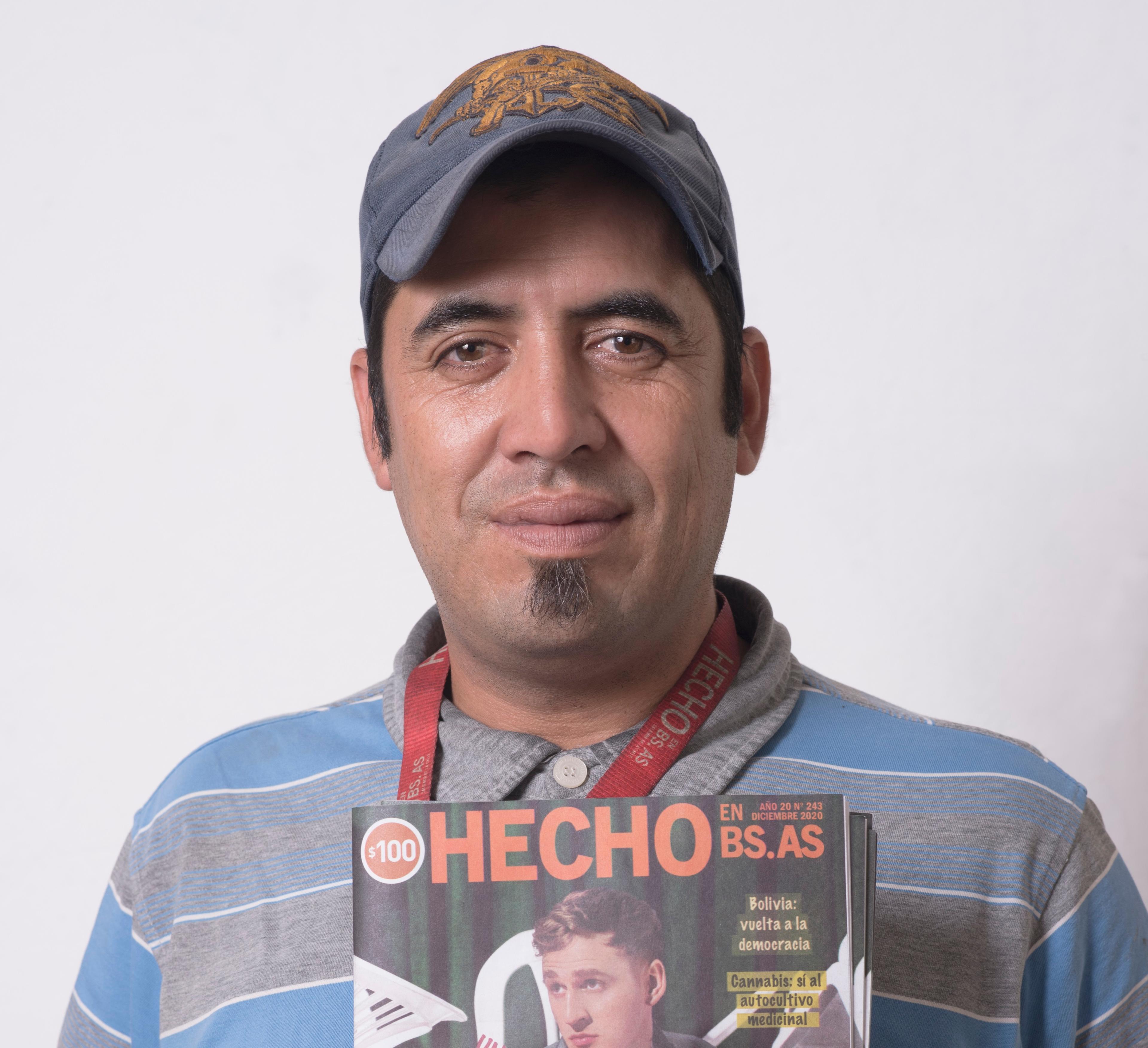Liceulice’s Anica Klepo on shielding during the pandemic, speaking up for the rights of disabled people, and finally being able to sell the street paper again
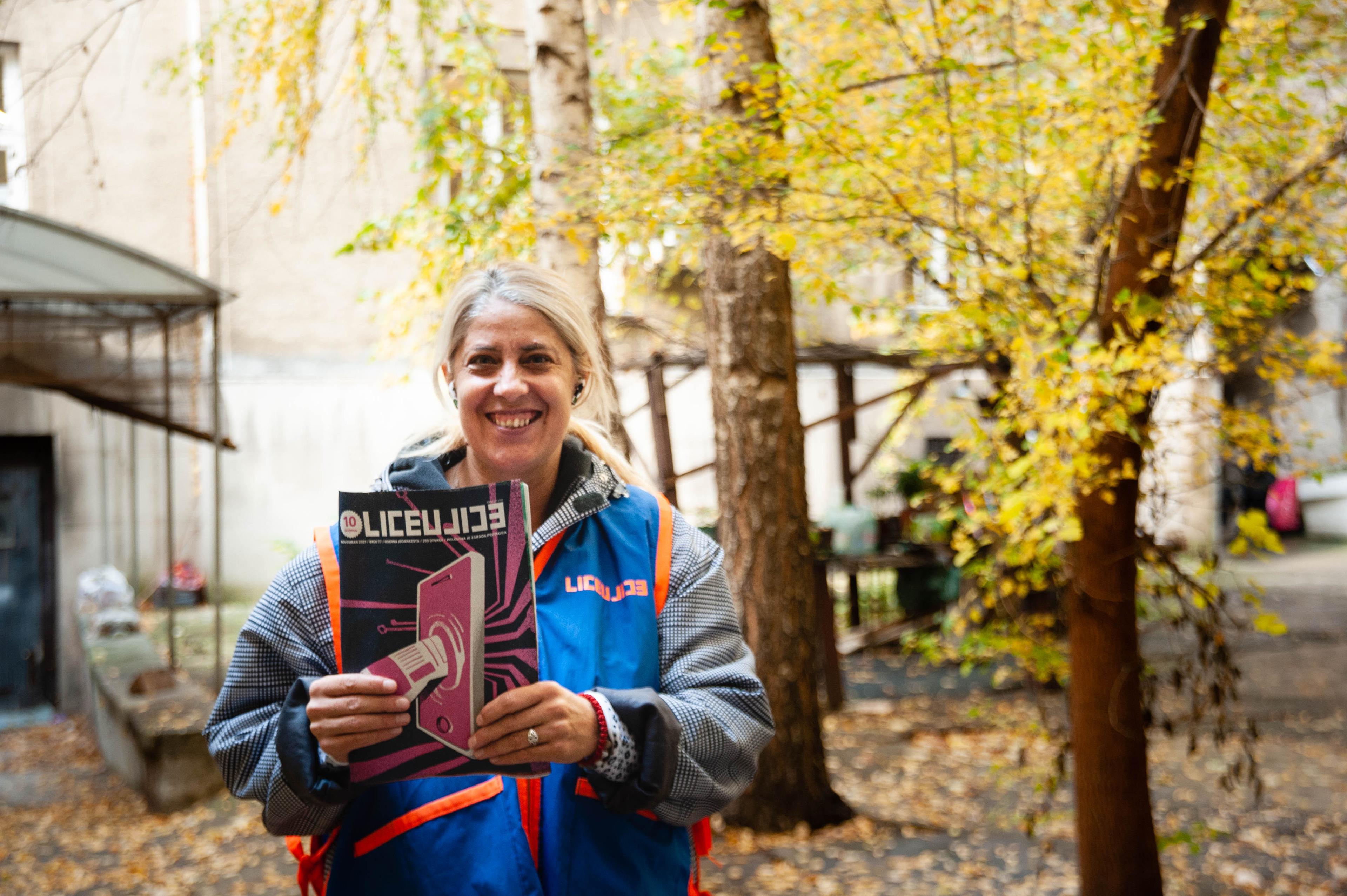
Photo by Sara Ristić
Interview by Milica Terzić
- Vendor stories
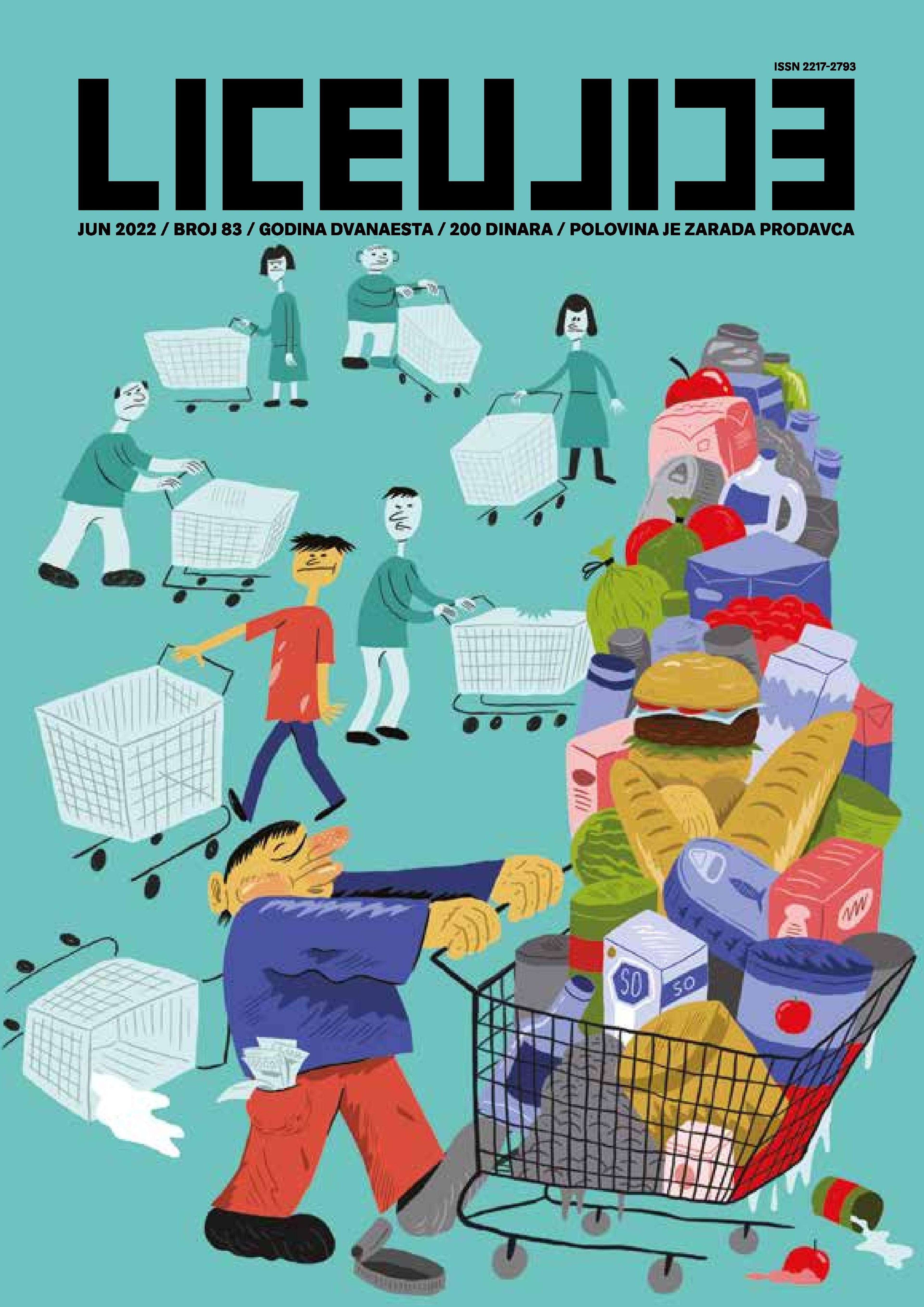
Anica was starting to hit her stride as a Liceulice vendor when the pandemic hit. Then came fourteen and a half months in isolation: Anica lives in a retirement home, as she needs supported accommodation, and had to isolate to protect the other residents. Now that she can get out into the world again, Anica hopes to leave the retirement home for her own living space. She is also hopeful that other people with disabilities will raise their voices along with hers in a world that often ignores them.
The support of Liceulice means a lot to me. Through an acquaintance, I heard of the magazine, got to know everyone and started to work as a vendor just before the COVID-19 pandemic. Just when my sales kicked off, I had to stop. I spent fourteen and a half months in isolation in a retirement home. It was very difficult. It felt as if I was imprisoned, and I couldn’t wrap my head around anything that was going on outside. When I first left isolation, it was raining, but I was so happy that I travelled around on foot all the time. When a person is confined for fourteen months, one perceives everything differently; the city seemed unfamiliar to me when I first went back outside.
My months in isolation during the pandemic reminded me of the time I was institutionalised in the institution for children and youth with developmental disabilities in Sremčica, a Belgrade suburb. At the time, it was also forbidden to go out. I spent sixteen years in that home. I arrived there one Wednesday, in 1995, and I remember that there was a heavy snowfall. I was born in Bačka Palanka, a small town in the northwest of Serbia, but I only completed first grade there. I went to a special class. After my mother died, as we were on bad terms with our father, I was transferred to the Negotin home, in eastern Serbia. The most difficult thing for me was having to leave my home. I was seven years old then. In Negotin, I graduated from elementary school and started attending a hairdresser high school, but I completed only the first year. A social welfare centre transferred me to the Sremčica home, and my brothers and sister remained in Negotin, and we then lost all contact. The only good thing about isolation was that, through Facebook, by pure chance, I came across my sister based on her last name. I got in touch with her; now we are regularly in contact.
Several years ago, I got a chance to leave that home because I was a beneficiary of the Assisted Living program, and I went to live in an apartment. That was where I learned to cook, do laundry, and find my way around town. I have never been happier than then. I felt free; I was able to do whatever I wanted, to come back whenever I wanted, to have company over, to tidy up whenever I please. It was an excellent program; I am sorry that it has come to an end. I have been sorry to this very day. I had to go back to living in an institution, but a social worker suggested that I move into a retirement home, even though it mostly accommodates seniors.
This is exactly why I joined Liceulice. I also see a psychologist, do sports, and maintain human contact. All this is a lifesaver.
I am not satisfied with living there, but I currently have no other solution. Nobody pays attention to us, the younger people, which I do understand to some extent since this is a retirement home. But I also need help, and nobody has time. It is very difficult to live in institutions. You have no parents; you are not from Belgrade; the [social welfare] centre has given up on you; they send you wherever they may; they give you no second thought. I am very embittered because nobody does anything to help people, especially those with disabilities. This is why it is important for me to spend the least time possible in the home and to do something to pass the time. This is exactly why I joined Liceulice. I also see a psychologist, do sports, and maintain human contact. All this is a lifesaver. I also play football and basketball. I used to go swimming and to the gym. I have plenty of company.
I also attend English classes organised by Liceulice, but I fare poorly at it. I used to study it before; I got a B in school, so I don’t know why I fare badly at learning now. I am also attending a seminar on human rights. What fulfils me the most is that I have learned to speak for myself, to step up, to fight for my rights, and to be able to say all that in public. I would like everyone who has problems like mine to speak out and let their voices be heard, just like mine is.
What drives me to strive further is the desire to finally obtain all the documents for a temporary living space in Belgrade and to leave the retirement home. I think about how good it would be to wake up in my own apartment one morning. I hope that my wish will come true.
Translated from Serbian via Translators without Borders.
Courtesy of Liceulice
